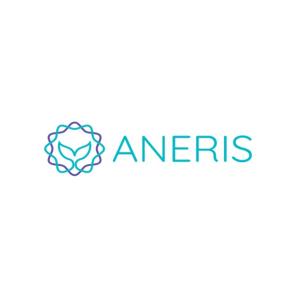 \
&
Contact us
\
&
Contact us
 \
&
Contact us
\
&
Contact us
In the end, funding goes to research and innovation projects which create new knowledge, services, products etc. for the benefit of science, citizens and society.
Inspiration for your own research and innovation ideas, project planning and writing process, can be taken from many available resources.

Funded under Horizon Europe (HORIZON-INFRA-2022-TECH-01) and running from 2023 to 2026, the ANERIS project aims to tackle the rapid loss of ocean biodiversity. The project’s main objective is to develop, test and implement the next generation of scientific instrumentation tools and methods for sensing and monitoring marine-life. Another key concept of the project is the introduction of the concept of Operational Marine Biology (OMB) as a biodiversity information system. The project consortium consists of 25 partners from 13 countries. Read more about the project and the contribution of Flemish partner VLIZ in this testimonial.